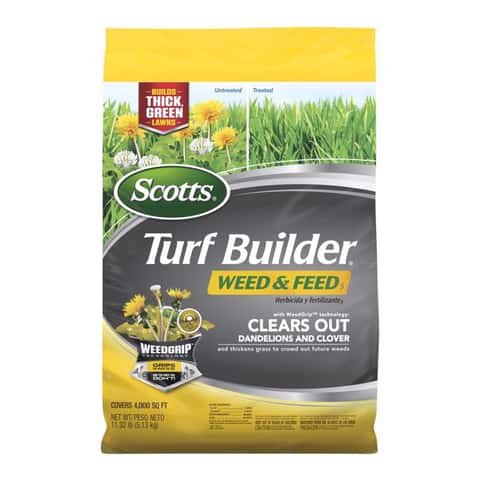
Making sure our beloved friends have a healthy and balanced diet is among the most crucial duties pet owners have. Pets require appropriate food to remain healthy, active, and content, much as people do. The wide range of choices for food for your pet can sometimes be daunting. Knowing your pet’s particular dietary requirements, however, can enable you to make a wise choice that advances their long-term welfare. To help you navigate this, you can find more info on the best options for your pet’s needs.
Understand Your Pet’s Specific Nutritional Needs
Depending on their species, age, size, breed, and degree of activity, various pets have varying dietary needs. For instance, because they are growing quickly, puppies and kittens need more protein and fat than do adult animals. Senior dogs, on the other hand, could gain from a diet including joint-supporting components and simpler digestion. While less active or overweight dogs may need a lower-calorie diet, active pets—such as working dogs or cats—may need greater energy items.
Quality Ingredients Matter
Regarding food selection for your pet, the quality of the components is as crucial as the kind of food. Choose dishes with premium proteins as the primary ingredient: chicken, beef, lamb, or seafood. These are absolutely necessary for general health, vitality, and muscle growth. Along with complex carbs like sweet potatoes or rice for digestible energy, the best pet foods also provide healthy fats—such as omega-3 fatty acids—for coat and skin health.
Special Diets for Specific Health Concerns
There are customized diets available to meet your pet’s needs if it suffers from particular medical difficulties, such as food allergies, digestive problems, or obesity. Many pet food companies have formulations meant to lower allergies, boost good digestion, or help control weight. Before changing your pet to a specialist diet, you should see your veterinarian since they can suggest the best one depending on its condition. You can also find more info from them to ensure the right choice for your pet’s needs.
Wet vs. Dry Food: Which is Best?
- Many times, pet owners argue about which is better for their animals—wet or dry food. Every kind has benefits; the decision will rely on the tastes, health, and way of life of your pet.
- Often more practical, less expensive, and, by lowering plaque accumulation, aids in maintaining oral health, dry food—also known as kibble—is It has a longer shelf life and is simpler to store as well. Some dogs, meanwhile, might find dry food less appetizing or could have trouble chewing it.
- Conversely, wet food has more moisture content, which could help dogs that require more hydration—especially if they have urinary tract problems—especially if they have for finicky eaters, wet food can also be more appealing.
- Sometimes the best of both worlds is provided by combining wet and dry meals.
The health, happiness, and lifetime of your pet depend on the correct nutrition. You can make sure your pet flourishes by thinking through their particular dietary requirements, choosing premium ingredients, and choosing the correct kind of food. For customized advice, always speak with a veterinarian; keep in mind that one of the finest ways to show your pet how much you care is with a balanced, healthy food.






